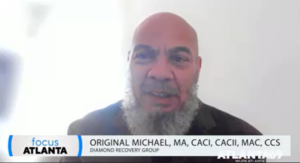
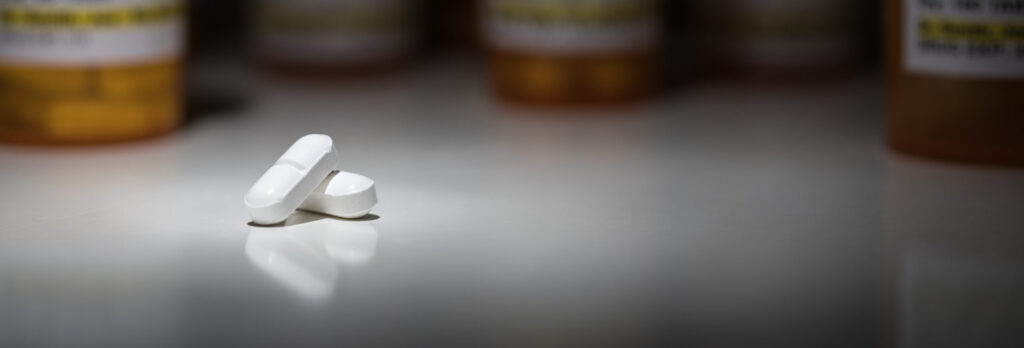
Understanding the complexities of opioid addiction is the first step toward finding a way out. Questions often arise about recognizing the signs and symptoms, whether it’s for oneself or for someone we care about. Opioid addiction manifests through a variety of physical, psychological, and behavioral changes, often making it difficult to detect. To address this, Diamond Recovery offers a comprehensive opioid rehab in Florida, providing tailored solutions to address the challenges of addiction. Through a combination of detoxification, medical assistance, and psychological support, our Boca Raton drug rehab aims to guide individuals toward a path of healing and recovery.
One of the questions we encounter the most when it comes to opioid addiction is, “How can I tell if someone is addicted to opioids?” People generally ask this question for one of two reasons.
Of course, only a trained medical professional can formally diagnose opioid use disorder (OUD). But there are surely red flags to look for when someone is dependent on opioids. Opioid addiction is a very wily disease of the mind. It’s been called cunning, baffling, and powerful.
People dealing with an opioid addiction are often very good at concealing it. They understand that being exposed will threaten their use of the drug, and depending on how far along they are in their addiction, finding and using opioids may be the most important thing of all to them now.
Opioid addiction is a serious and complex issue that affects individuals from all walks of life. Recognizing the physical signs and symptoms of opioid addiction is crucial for early intervention and support. Whether you’re a healthcare professional, a concerned friend or family member, or someone who may be struggling with opioid use themselves, understanding these indicators can lead to timely assistance and treatment.
If you suspect someone you know may be struggling with opioid addiction, it’s essential to approach the situation with empathy and support. Encouraging them to seek professional help and offering assistance in finding resources for treatment and recovery can make a significant difference in their journey toward wellness. Remember, addiction is a medical condition that requires compassion and understanding, and with the right support network, individuals can overcome the challenges of opioid addiction and regain control of their lives.
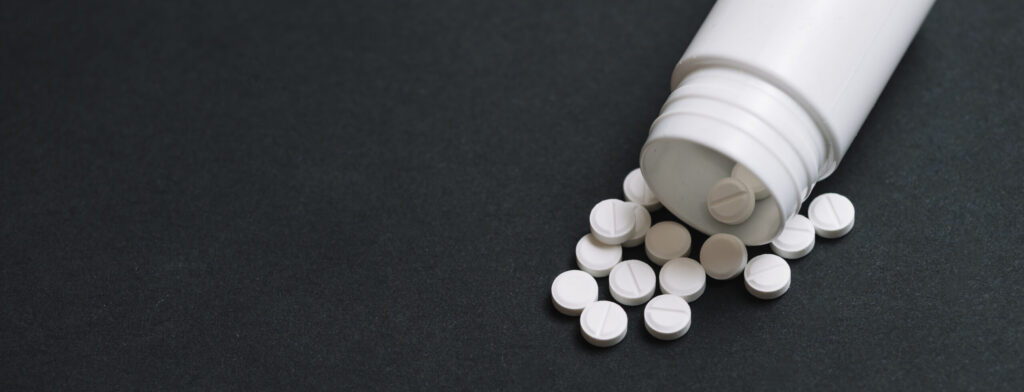
Understanding the psychological and behavioral signs of opioid addiction is crucial for identifying individuals who may be struggling with this complex disorder. Opioid addiction can manifest through various changes in behavior and mood, often affecting not only the individual but also their relationships and daily functioning. By recognizing these signs early on, we can offer support and guidance to those in need and help them navigate the path toward recovery.
Failing to address these symptoms may exacerbate their struggles and prolong their suffering. Encourage them to seek professional help and explore treatment options tailored to their needs, emphasizing that recovery is achievable with the right support system in place. Remember, ignoring psychological symptoms can hinder their path to recovery and worsen the impact of addiction on their overall well-being.
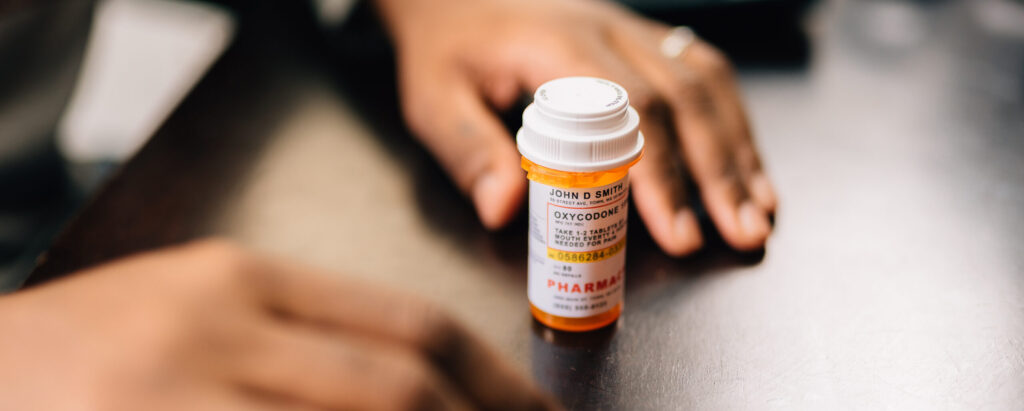
The trick with addiction is that it is a disorder of the mind. This means it often compromises our reason and intellect. It can rob someone of their will and conscience and make them behave in ways they ordinarily wouldn’t. Addiction to opioids also compromises our ability to reason. The drug takes command of the brain’s reward pathways, and before long, it makes getting and using more opiates the single most important thing in a person’s life.
It makes no difference that common sense would seem to dictate that it makes much more sense to pay your rent than to use the money to buy heroin or pills. Common sense and logic are out the window and reason is nowhere to be found. There is only finding and using more opioids. Everything else is in a distant second place.
It is important to note that this state of mind does not mean a person addicted to opioids isn’t still responsible for their behavior.
What it does mean is that a person who is opioid dependent usually needs help to overcome their addiction. Left to their own devices, their opioid addiction nearly always gets progressively worse. The danger of overdose is an ever-present specter for serious opioid users, but the addition of fentanyl into the majority of the nation’s heroin supply and even in counterfeit pain pills means fatal overdose is a bigger risk than ever.
A person in this dilemma needs opioid addiction treatment most of all. Willpower and discipline are no match for opioid addiction. What willpower or discipline there is should be applied entirely towards finding opioid abuse treatment as soon as possible.
Opioid addiction rehab will usually begin with an inpatient medical detox. One of the things opioid-dependent people fear most is the physical symptoms of opioid withdrawal. Rest assured, at a professional medical detox like those offered at our rehab facilities in Florida, patient comfort and safety are of paramount importance.
We treat every patient as an individual with a unique set of needs and concerns. While you may have a similar diagnosis to someone else, that doesn’t mean you will respond the same as them to the same medications or therapy methods. This is why every person we care for here receives an individualized treatment plan.
Once a safe and comfortable medical detox and/or Medication Assisted Treatment has helped the person get past/avert the withdrawal phase, the deeper psychological work is ready to begin. The therapeutic care we provide during our residential, partial hospitalization program (PHP), and intensive outpatient program (IOP) provides insights and coping tools that will help build the solid foundation needed for lasting recovery.
Our Florida rehab for opioid addiction saves lives by not only stopping this disease in its tracks but also equipping the people who suffer from it with a better understanding of themselves, their triggers, and the principles of recovery, which are the keys to a lifetime of freedom from addiction.
Phases of opioid addiction treatment offered at Diamond Recovery programs include:
Medication-assisted treatment for opioid addiction is a particularly important resource. By integrating medication with comprehensive therapy and support, MAT offers a multifaceted approach to treatment, targeting both the physical and psychological aspects of addiction. This holistic approach not only helps to alleviate withdrawal symptoms but also aids in reducing cravings and preventing relapse, ultimately fostering long-term recovery and enhancing the quality of life for individuals battling opioid addiction.
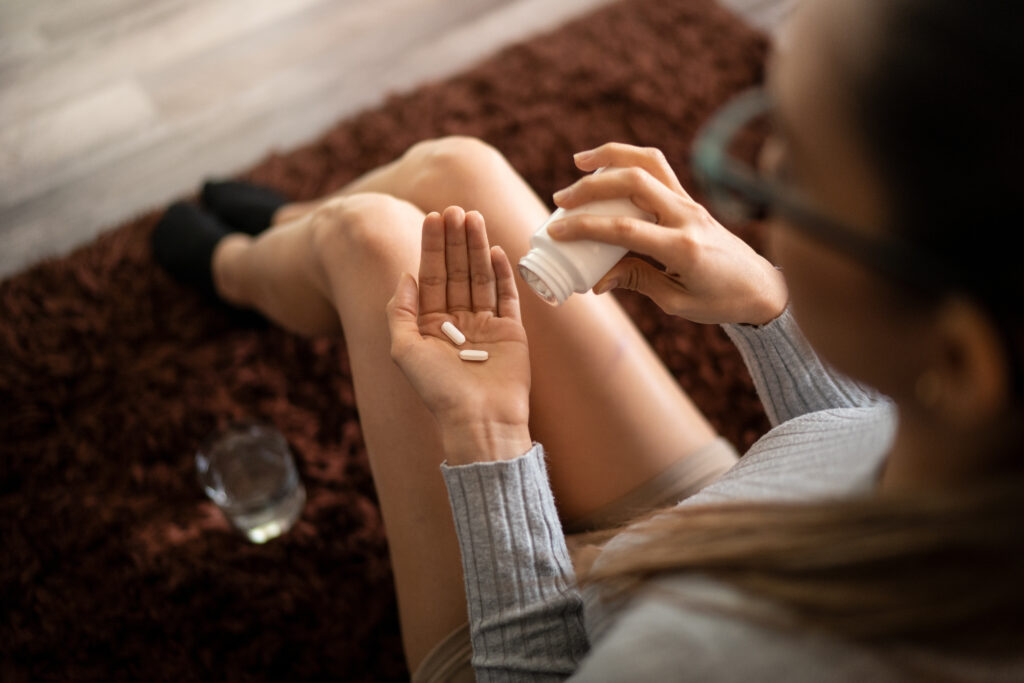
You or your loved one do not have to allow opioid addiction to hold them hostage any longer. The key is striking while the iron is hot. Willingness is the miracle that makes recovery possible, so when a person shows even a hint of willingness to accept help — run with it. That is the time to put the wheels in motion and get them the opioid use disorder treatment they need.
Diamond Recovery stands ready to help you or your loved one begin a new way of life. All it takes to make your start is a phone call. It’s time for change. Please give us a call at (844) 909-2525.

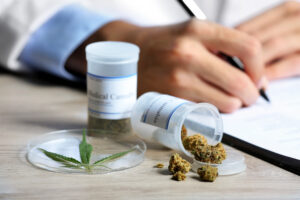



Creating foundations of solution for those suffering from substance use disorders.
Licensed by the State Department of Health Care Services
License: 191117AP
Expires: 01/31/2026
© Diamond Recovery 2024
About Us
Quick Links